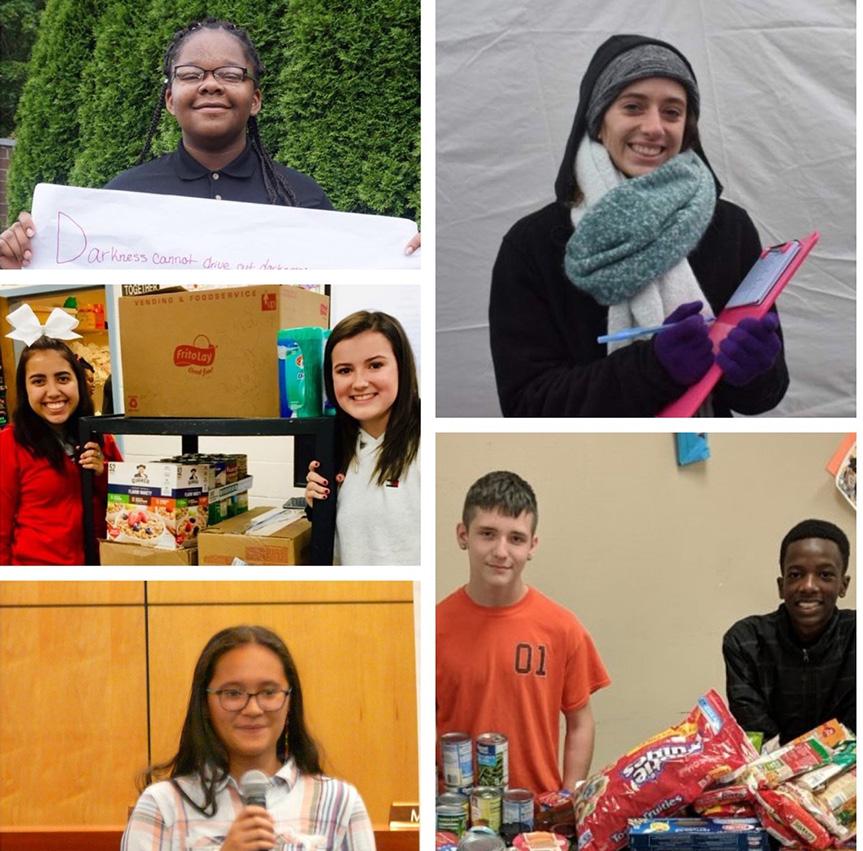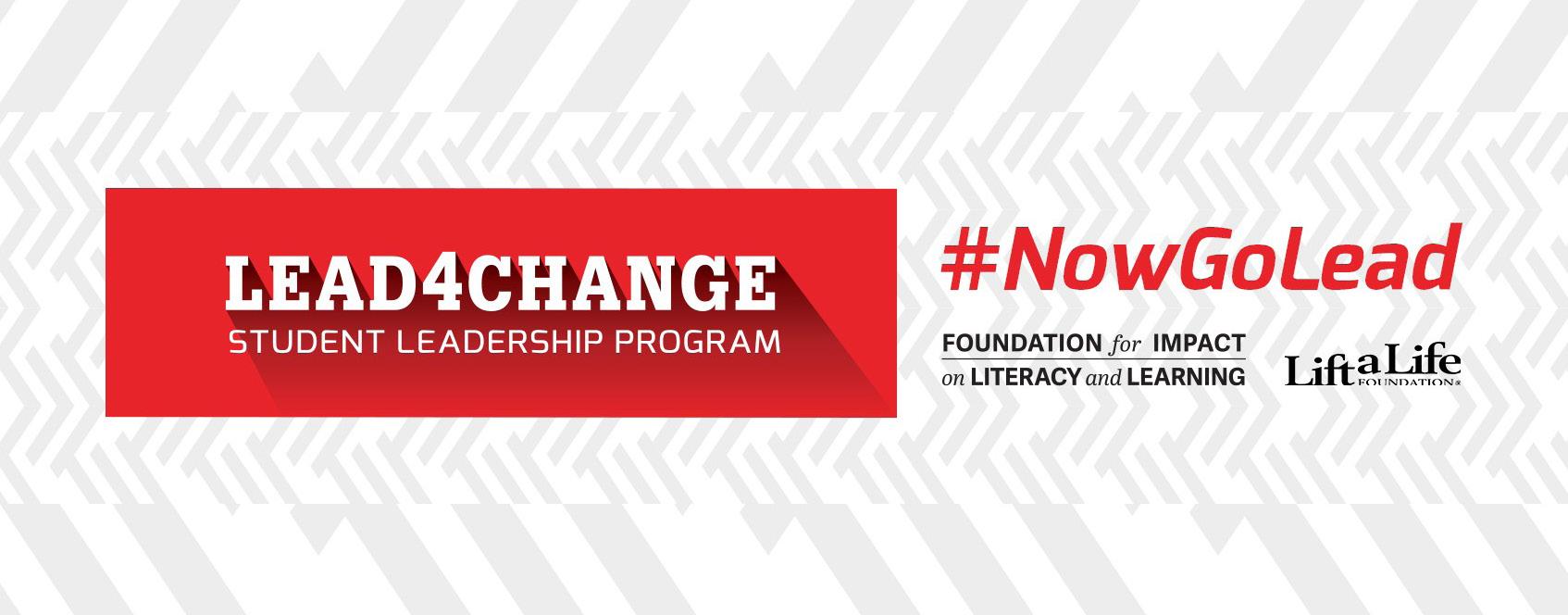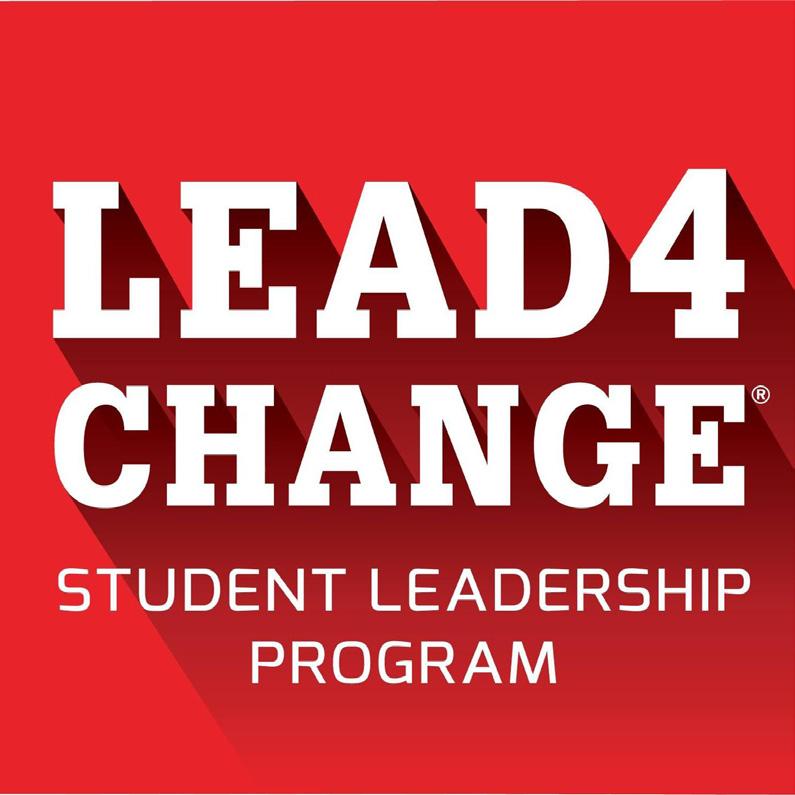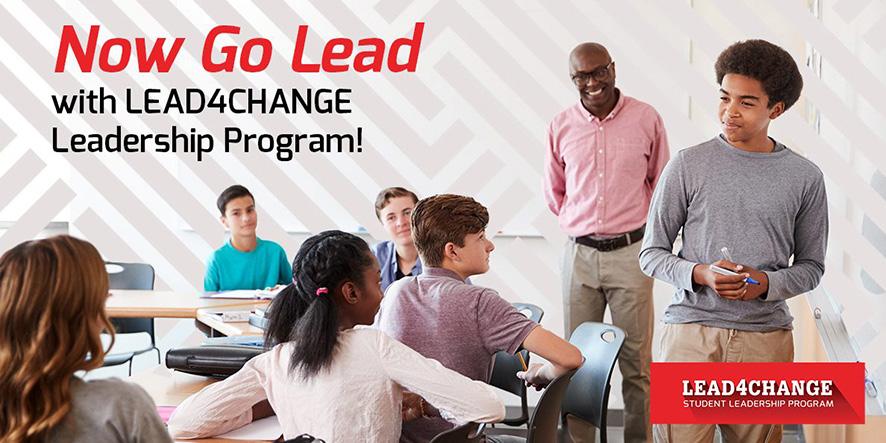
6 minute read
How Are We Equipping
HOW ARE WE EQUIPPING STUDENTS TO
With the right online platforms, teachers can continue students’ science learning outside of school.
Advertisement
Scientists across the world are charging forward in the fight to prevent and treat COVID-19. And they’re harnessing the latest tech and science as they press down on the accelerator at a speed unattainable to date.
But another fight is also playing out during this unprecedented challenge: the urgent need to educate young people while schools remain closed. As science dominates headlines and dinner conversations, it’s integral that all young people better understand and appreciate science and
influential-magazine.com EDUCATION
Succeed in Science?
the role it plays in society. Science literacy can no longer be a luxury or an add-on in an age when it should be embedded into how every sector responds to complex challenges.
The Shift to Remote Learning
For many young people, their first introduction to science at school is through teachers, who clearly deserve appreciation and the deepest thanks right now. Yet as teachers everywhere - 63 million primary and secondary teachers around the world, according to UN News - have had to rapidly transition to online learning to reach the 1.2 billion children currently out of school around the world, many don’t have the resources and support they need to teach successfully.
Among schools in the United States, teachers in the most economically disadvantaged districts are least likely to be able to provide online learning opportunities for all students, according to Education Week. Today’s school closures magnify the inequities that were always present in society and schooling before COVID-19.
So how can science teachers, far from their classrooms, best encourage a scientific mindset that is needed now more than ever to understand the world? One solution is LabXchange, an online community for learning, sharing and collaboration. This free platform, launched by Harvard University and the Amgen Foundation, makes science accessible to hundreds of thousands of high school and college students.
Online Science Platforms Support Teachers
LabXchange’s virtual simulations remove barriers of expensive equipment, safety issues, and the extra time teachers need to prepare materials for school labs, which is beneficial now more than ever when teachers are shifting how they deliver science education. Free, comprehensive online platforms like LabXchange, Khan Academy and others can meaningfully advance students’ learning and interest in science, even when they aren’t at school.
“When young people learn science, they need to be able to make mistakes, to be creative, to try something again and again by experimenting without worrying about breaking something,” says Dr. Scott Heimlich, vice president of the Amgen Foundation.
“Failure is an inherent part of the scientific process, but too often the way science is taught in school leaves no time for mistakes or creativity or play,” Heimlich says. “Even with its limits, technology can indeed support teachers to meet their lesson goals by embedding our latest understanding of how students lean into the design process.” Meeting Teachers’ and Students’ Needs
Well-designed programs should put teachers in the driver’s seat. In-person lab programs like the 30-year-old Amgen Biotech Experience have laid a strong groundwork for how best to reach students, especially those in underserved communities, by engaging them in science. While technology is best used to complement or supplement in-person instruction, the Amgen Biotech Experience labs are now available virtually through LabXchange, showing how an online experience can be used to teach lab skills remotely.
With new online platforms, science teachers can remix high-quality, curated resources into customized learning pathways for different groups of students with different needs. Teachers can also embed their own content along with assessments to gauge their students’ learning and understanding.
A Scientific Mindset
For science to be accessible to all, especially now, the world needs more forward-looking educational technology that gives teachers and students the tools they need to foster a scientific mindset. All around us today, scientists are leveraging the most powerful tools and platforms in the fight against this virus. Science teachers - and their students - deserve the same. (BPT) l
STUDENTS EMERGE AS LEADERS DURING COVID-19
As learning has gone virtual to curb the impact of the COVID-19 pandemic, educators and parents have been left with a pressing concern: how will this experience impact social and emotional development?
Through Service Learning
“ T he pandemic is having profound effects on children’s mental wellbeing, their social development, their safety, their privacy, their economic security and beyond,” a policy brief by the
United Nations stated. “While children are not the face of this pandemic, its broader impacts on children risk being catastrophic and amongst the most lasting consequences for societies as a whole.”
While maintaining progress in core subject areas is imperative, a curriculum that develops leadership skills is equally essential to ensure that emotional development continues virtually.
An independent research study commissioned by Lead4Change found that students who completed the Lead4Change Student Leadership Program experienced tangible emotional growth. The program involves lessons in leadership, as well as creating and implementing team projects to meet a need in the community. Those

that completed the program experienced significant changes in leadership skills (60 percent of students improved), respect for others (54 percent) and ambition and innovation (53 percent). Programs of this nature can be completed virtually by adapting

EDUCATION
Through Service Learning


projects to address current concerns, and they can not only succeed without physical contact, but offer unique challenges that help students to grow as leaders.
Students at Mohave High School in Bullhead City, Ariz. reconsidered their project when quarantine began, creating a readaloud library of developmentally appropriate books for preschoolers. With high schoolers reading preschoolers books and teaching them literacy and social development skills, this resource allowed an early childhood program to continue virtually.
“The students developed a ‘can do attitude’ while working collaboratively to adapt to their new normal,” said teacher, Michele Leyendecker. “With so much uncertainty, this project truly gave them purpose.” The “T-Bird Readers” team was awarded Lead4Change’s grand prize, a $10,000 grant for a nonprofit of their choice.
In Garner, N.C., students participated in service learning and emerged as community leaders by directly addressing the local impact of the pandemic. The “Corona Relief Crew” collaborated with volunteers and vendors to create and distribute kits with essential food and supplies for the homeless and those in nursing homes who have been severely impacted by the pandemic.
“Being an adult leader for the Corona Relief Crew has caused a paradigm shift in how I view youth strength and their ability to lead,” educator Dr. Cleopatra Lacewell shared. “This experience has taught me when students have wellorganized plans, identified goals and established team structures, they can then perform as stellar leaders with
minimum support.”
The Corona Relief Crew was also honored with Lead4Change’s $10,000 grand prize for their initiative. For more information about the Lead4Change Student Leadership Program, visit lead4change.org.
While distance learning’s impact on students’ education has been unprecedented, this disruption also has presented a unique opportunity for students to overcome obstacles and grow as leaders. With a service-learning project, students can gain a sense of purpose, lead real change in their local community and maintain a sense of unity that is integral during challenging times. (StatePoint) l










